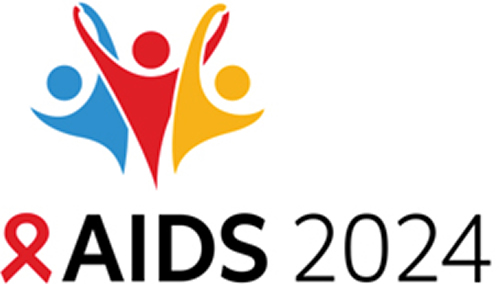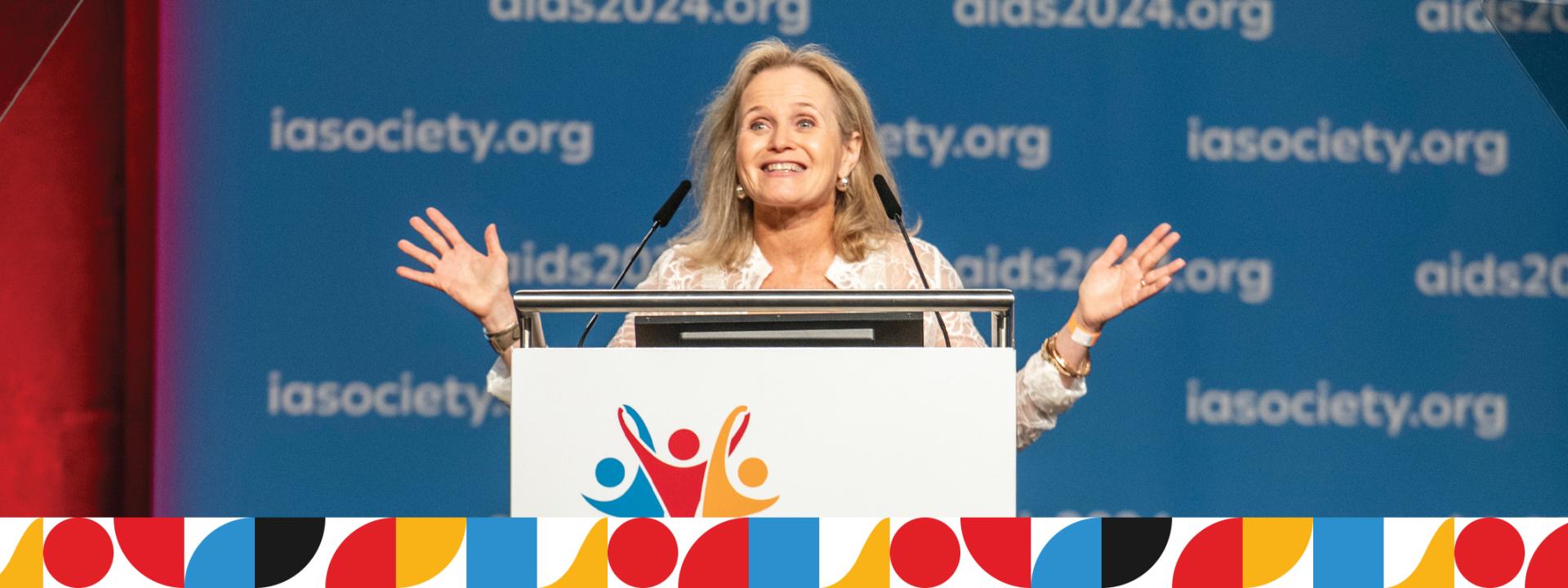But advocates ask: Who will be able to access it?

Excitement generated by stellar results from the PURPOSE 1 trial evaluating the effectiveness of lenacapavir (LEN) in preventing HIV among cisgender women was tempered by a demand for lower prices and equitable access for this PrEP medication. Injectable LEN, which offers an alternative to a daily pill, was deemed 100% effective in preventing HIV, according to newly released data from a double-blind, randomized trial of cisgender women in South Africa and Uganda.
Sponsored by Gilead Sciences, the study showed that its lenacapavir injection once every six months provided total protection against HIV. The results were so impressive that the drug maker halted the study early, in June, and allowed all participants to receive injections.
Starting in August 2021, 5,300 women were separated into two study arms: 2,134 participants received an injection while the rest took a daily pill, either F/TAF (Descovy) or F/TDF (Truvada) for PrEP. Of the women taking F/TAF, 39 acquired HIV during the study period, a rate of 2%. Of participants taking F/TDF, 16 (1.69%) acquired HIV. No one who received lenacapivir injections acquired HIV. LEN was considered safe and well tolerated. Injection site reactions, including nodules, pain or swelling, were observed after 68 percent of all injections, but most were minimal and decreased with subsequent doses, according to presenter Linda Gail-Bekker, chief operating officer of the Desmond Tutu HIV Foundation in South Africa.
The PURPOSE 1 data published last month in the New England Journal of Medicine showed that the difference in the study arms was likely a result of adherence rather than an issue of effectiveness of the oral medications. This has been an issue for years with studies of oral PrEP. Researchers measured the amount of medicine in the blood of some participants and estimated that they had taken fewer than 2 tablets per week, far less than the recommended dosage. However, 92% of those in the lenecapavir arm received timely injections. That tracks with a growing body of research suggesting that oral PrEP, while highly effective in preventing HIV, is often not taken as prescribed for a variety of reasons.
breakthroughs in medicine “are only meaningful when the people who need those medicines can access them.
“Twice-yearly LEN offers an efficacious, safe and discreet choice to improve PrEP use among cisgender women and reduce the global burden of HIV,” Gail-Bekker concluded.
Lenacapavir was approved by the FDA in the United States for multi-drug resistant HIV treatment in 2022, but it’s not yet approved in the U.S., or anywhere else, for PrEP. PURPOSE 1 is the first clinical trial of the drug for preventing HIV and is part of efforts to increase HIV prevention across the Global South.
A PURPOSE 2 trial is currently measuring the effectiveness of lenacapavir among cisgender men, transgender men, transgender women and non-binary people who have sex with male partners across Argentina, Brazil, Mexico, Peru, South Africa, Thailand and the U.S.
The PURPOSE 1 demographics are significant: sub-Saharan Africans comprise an estimated two-thirds of people living with HIV worldwide. According to UNAIDS, approximately 4,000 teen girls and young women in Africa acquire HIV every week. In theory, lenacapavir would be a game changer for these populations in low- and middle-income countries if it were available and affordable, advocates say.
Advocacy groups demand affordable access
Advocacy groups, while sharing enthusiasm about lenacapavir as a PrEP option, say its potential to stop HIV can only be realized through rapid access and low cost. In a letter to Gilead, the People’s Medicine’s Alliance, with the support of more than 300 signatories, urgently demanded that the drug maker license lenacapavir for cheap generic production via the Medicines Patent Pool. In the closing session of AIDS 2024, IAS outgoing president Sharon Lewin alluded to the need for affordable PrEP worldwide, saying breakthroughs in medicine “are only meaningful when the people who need those medicines can access them.”

HIV Unmuted Podcast Awards. AIDS 2024, Munich, Germany.
Pricing analysis presented at AIDS 2024 estimated that LEN could be priced at one thousand times less than Gilead’s price of $42,250 per year. The analysis said that would be equivalent to $100 USD per person per year at first, and later at $35–40 through mass production of generics under a voluntary licensing ramp up.
Gilead has not committed to any numbers, but in a statement said the company will deliver lenacapavir “swiftly, sustainably and in sufficient volumes, if approved, to high-incidence, resource-limited countries.” Gilead’s access strategy includes developing a voluntary licensing program that would enable generic versions to be produced before the original patent expires.
Many access advocates are not assured by the lack of specificity in Gilead’s statement. At AIDS 2024 a coalition that included Médecins Sans Frontières (MSF; known in the U.S. as Doctors without Borders), called on the company to quickly make lenacapavir accessible and affordable worldwide.
In 2022 the World Health Organization called on countries to consider the first long-acting drug for PrEP, cabotegravir (CAB-LA), manufactured by ViiV. But CAB-LA is still inaccessible in many low- and middle-income countries, and cost is a main barrier. It is estimated that 1.3 million people worldwide acquire HIV every year, or one every 24 seconds, with a quarter occurring in countries Gilead routinely excludes from licensing deals, including Russia, Brazil, the Philippines, Ukraine and Thailand. According to MSF’s Access Campaign, HIV organizations in India, Argentina and Vietnam, including the Thai Network of People Living with HIV, Fundación Grupo Efecto Positivo and the Vietnam Network of People Living with HIV, have filed oppositions against Gilead’s lenacapavir patent applications.
LARRY BUHL is a multimedia journalist based in Los Angeles. He has covered HIV/AIDS and other infectious diseases for more than two decades. In addition to POSITIVELY AWARE, he is a regular contributor to TheBody.com, Everyday Health and capitalandmain.com. His work has appeared in USA Today, Salon, Undark, KQED, The New York Times and others.


